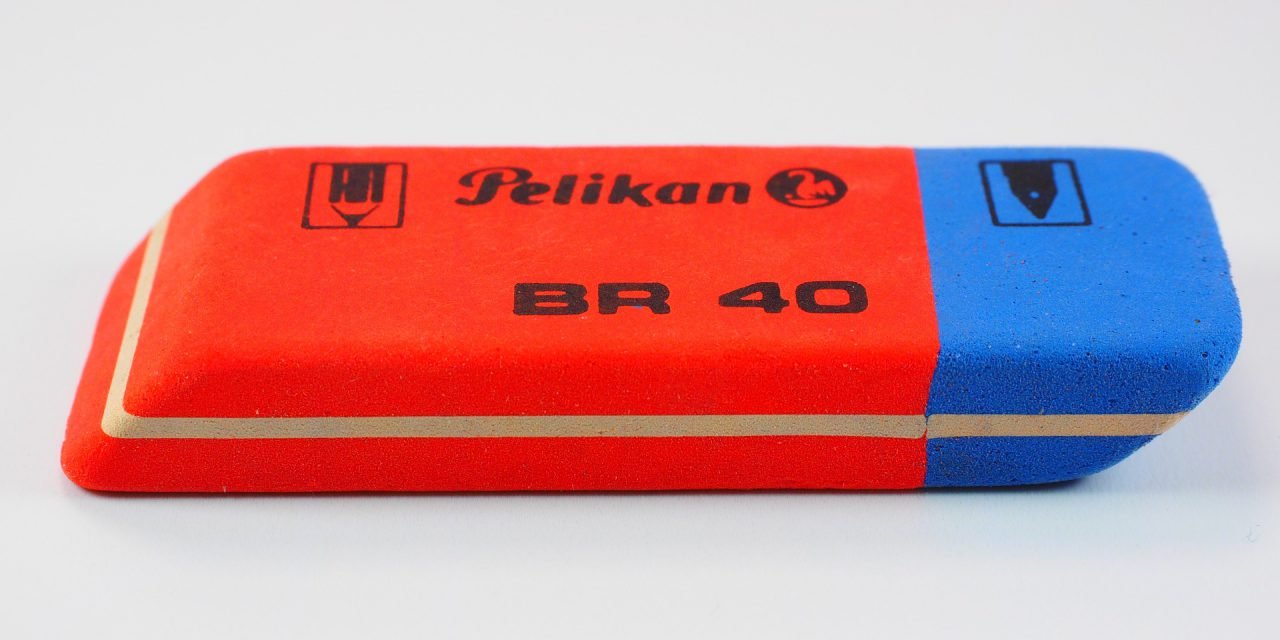DRE delays disciplinary action cleansing option
The California Department of Real Estate (DRE) has postponed its plan to implement a process to allow licensees who received disciplinary action to petition for removal of the action from the DRE’s public records. This highly visible documentation of a licensee’s misconduct can have a detrimental impact on a licensee’s ability to solicit new clients and successfully conduct their business.
The DRE is required to report each licensee’s record of disciplinary action taken by DRE online. This online database allows a buyer or seller (or other licensee) to view a licensee’s history, including:
- notes about misconduct; and
- disciplinary actions taken by the DRE against the licensee. [Calif. Business & Professions Code §10083.2]
The petition process is scheduled to become available no sooner than July 1, 2018. DRE had previously announced an implementation date of Jan. 1, 2018.
Related reading:
DRE licensees may petition for removal of disciplinary actions
When the new procedure is in place, a DRE licensee who received disciplinary action may petition the DRE for removal of the disciplinary action when:
- the disciplinary action has been posted for at least ten years;
- the licensee provides the DRE with proof they no longer pose a risk to the public; and
- the licensee pays a fee to the DRE with the petition, in an amount to be determined by DRE Regulations. [Bus & P C §10083.2]
The Real Estate Commissioner proposes to include this section in the real estate law, and to set the fee required to be paid with the petition to remove a disciplinary action.
When licensees go astray
Hundreds of real estate agents, brokers and applicants receive disciplinary action from the DRE every year. Prior to the petition process to purge old claims, these negative comments would haunt a licensee for perpetuity.
What are the most common mistakes licensees make? Many individuals who were disciplined broke multiple regulations, such as failing to:
- obtain a mortgage loan originator (MLO) endorsementbefore they accepted a consumer mortgage application or arranged a consumer mortgage secured by a one-to-four unit residential property;
- obtain a real estate licensebefore performing licensed real estate activity;
- keep proper trust fund recordsfor the required three years;
- provide proper supervision of salespersons, as required by employing brokers [GipsonsDavis Realty Company (1963) 215 CA2d 190];
- authorize and add any fictitious business name to their license before conducting any licensed activity under that name; and
- notify DRE of past criminal convictions, as DRE requires the disclosure of:
- any misdemeanor or felony criminal convictions, including military and foreign convictions;
- all pending criminal charges;
- pending disciplinary actions taken against a business, professional or occupational license currently held by the applicant; and
- whether the applicant has had a license in California or any other state denied, suspended, restricted or revoked. [DRE Form 229: Avoid Potential Denial of Your License Application]
The penalties varied, with the most common being loss of license outright.
The DRE’s plan to create a means of clearing the record when a licensee has corrected their transgression represents an effort to offer justice. However, the best course is to recall the famous question attributed to former U.S. Secretary of Labor Ray Donovan, “Where do I go to get my reputation back?” In other words, avoid the delinquent conduct altogether.















A real estate broker stole his brother’s inheritance for his children and grandchildren and it hiself as a beneficiary along with his own family members. He lied as a witness in a court of law. He used the Five million on real estate purpose.s.